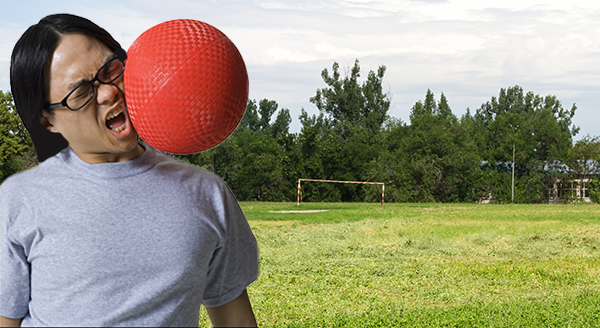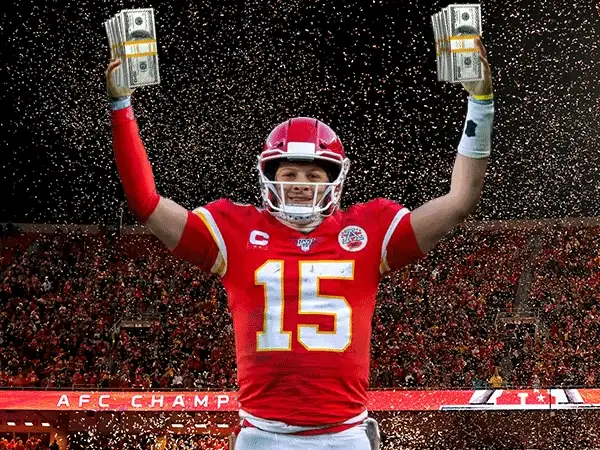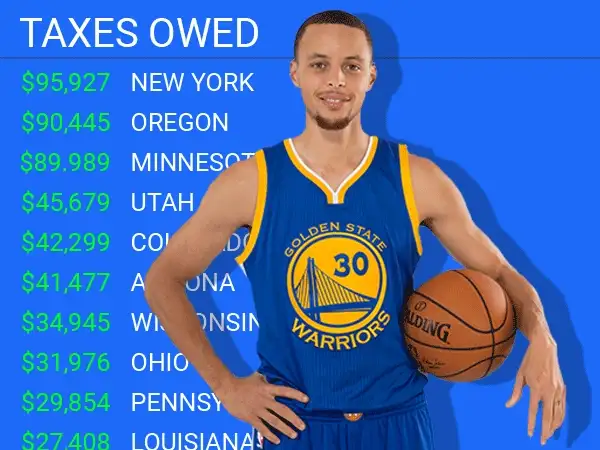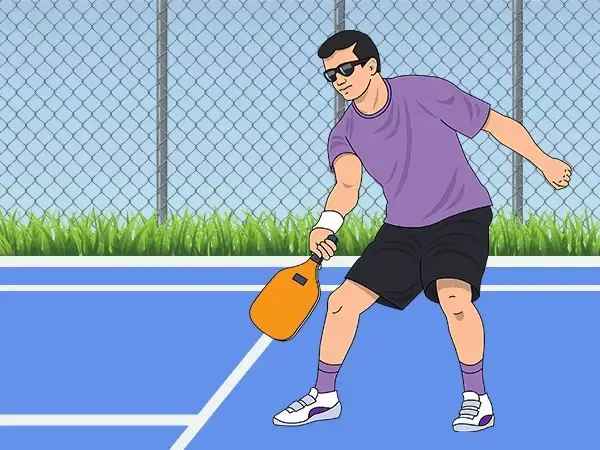Proof that Chris Matthews had “made it” in the cutthroat basketball world arrived a few years ago, in the form of a late-night text.

Matthews was in Atlanta, helping NBA player Dwight Howard improve his shot, when he got a message from an unknown number.
“I was like, ‘Who the hell is this?’” he recalled in a recent interview with The Hustle. “And it was 21 Savage. I don’t know how he got my number, but he was like, ‘Yo, I want to get some shots up.’ I’m like, ‘Hey, say no more.’”
Even though it was around 1am, Matthews found an open gym and developed a quick workout tailored for the superstar rapper, who often plays in celebrity basketball games.
Those types of thrilling moments are now routine for Matthews, a former overseas professional player who has become a successful entrepreneur in an exclusive niche: helping people get better at shooting a basketball.
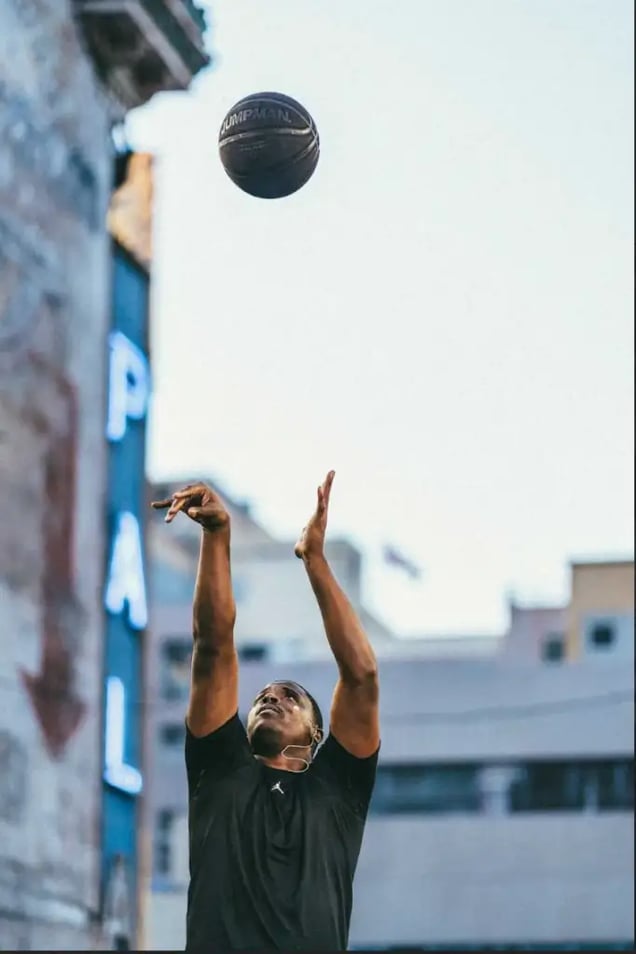
Matthews was a top shooter in college and an international pro before becoming a coach. (Courtesy of Chris Matthews)
The private coaching industry is booming. Top college football players hire quarterback trainers who charge anywhere from $50-$250/hour for their services. Even adult recreational athletes — weekend warriors — have enlisted coaches to improve their times in the triathlon and marathon. Matthews, who declined to tell us his rates, works with an especially elite group.
But since starting his business in 2016, he has landed many of the world’s best basketball players, such as Domantas Sabonis, Skylar Diggins-Smith, and Anthony Davis, as well as numerous figures outside professional sports, from the cast of the Peacock TV show “Bel-Air”’ to musicians like Travis Barker and Drake.
Last year, Jordan Brand designed a player-exclusive shoe for Matthews, an indication of his top-tier status as a trainer.
His skills are more valuable than ever. NBA, WNBA, and NCAA teams have doubled down on long-range shooting, one of the most efficient ways to win, leading dozens of professional athletes to seek out Matthews as a coach.
But, as Matthews first discovered while working with 21 Savage, the market for his services is far wider. He believes everyone can gain satisfaction from shooting a ball through a hoop.
“I feel like God put me on earth to help other people just have a good time, especially with the art of shooting,” Matthews said.
From DC to Europe
When Matthews was growing up in Washington, DC, in the 1990s, you’d be just as likely to find him in a bowling alley as a gym. His uncle was a bowling fanatic, bringing him to the lanes almost every Saturday, and Matthews enrolled in a children’s league.
The underhanded rolling motion felt good to Matthews. But so did throwing a baseball and a football, two other sports he played. In the end, however, nothing felt as natural as basketball.
His father, Jeffrey Winslow, taught him to shoot on miniature hoops, believing his son shouldn’t practice on regulation-size basketball goals until he believed Matthews was old enough to use proper form. Around 10th grade — and after years of honing his shot — Matthews decided to give up the other athletic pursuits and focus on basketball. He earned a spot at National Christian Academy, where Kevin Durant became his teammate.
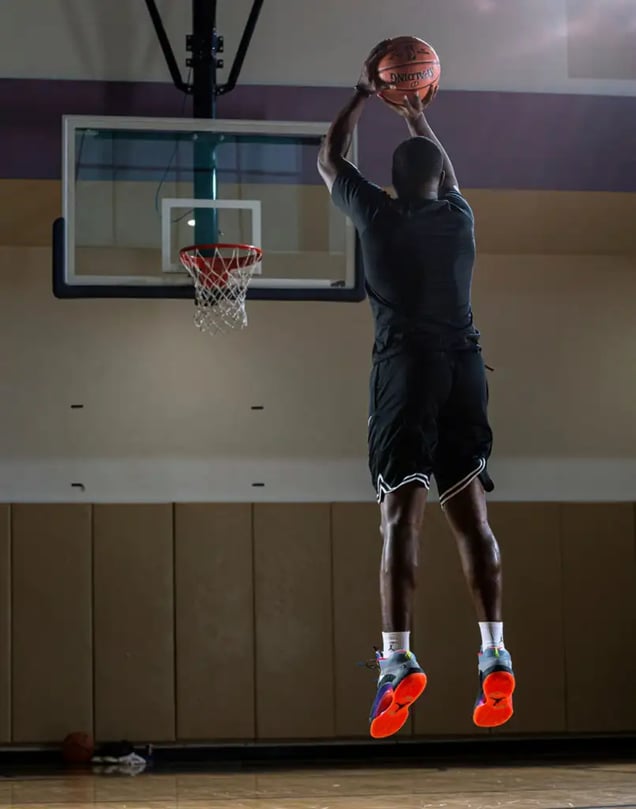
Matthews takes a shot. (Courtesy of Chris Matthews)
In college, he played two years at Washington State University and St. Bonaventure. The sport had not yet turned into the 3-point shooting fest that it is today, but Matthews was ahead of his time:
- During his final season at St. Bonaventure, in 2009-10, he made 3.26 3-pointers per game, the seventh-best average among NCAA men’s players.
- His 101 3-pointers that year set a school record.
But NBA teams were not interested. Just 1.2% of men’s college basketball players make the NBA, and the closest Matthews got was a stint on the G-League team, the NBA’s developmental arm. He mostly played overseas, carving out an international career in countries such as Mexico, Russia, Bolivia, and China, earning a reputation as a prolific scorer.
Then, in 2016, after a series of injuries that included a collapsed lung, Matthews discovered what every athlete does at some point: He had to pivot.
The growth of shooting — and Matthews’s career
Matthews’s father had offered advice for this moment in his life: Use basketball. Don’t let basketball use you. The question for Matthews was how to use it.
A legendary coach had an idea. Near the end of his playing career, Matthews worked out at Georgetown University in front of the late John Thompson. According to Matthews, Thompson told him he had the talent to be a good coach one day.
When Kevin Séraphin, a friend who played in the NBA, asked him for shooting instruction, the compliment from Thompson started to take on a new meaning. Perhaps he could start his own business training people on how to shoot.
- Basketball, especially the NBA, was rapidly becoming a 3-point shooter’s sport. The 3-point basket is worth 50% more than a 2-point mid-range shot and is only slightly less likely to go in, meaning expected points per shot for a 3-point attempt are greater than they are for a mid-range jumper. NBA execs realized teams stocked with great long-range shooters could score more efficiently.
- In the 2006-07 season, the average NBA team attempted 16.9 3-pointers per game. That number rose to 27 in the 2016-17 season and 34.2 during this most recent regular season. In recent years, teams with a 3-point shooting percentage better than the league median tended to win more.
- The focus on long-range shooting created demand for teaching these skills to young talents and honing the craft of veterans. Many NBA teams employ shooting coaches (Chip Engelland and Bruce Fraser are among the best known), and players often hire their own shooting coaches for additional work.
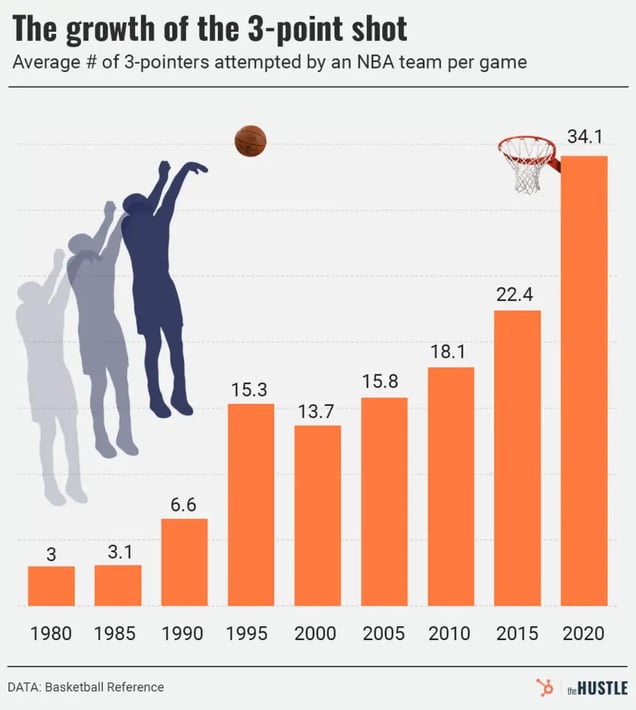
The Hustle
Séraphin brought Matthews to train with him in Paris the summer of 2016 and told Matthews it was the best instruction he’d ever received. Matthews assumed he was flattering him. But Séraphin posted about him online, and soon Matthews heard from Dwight Howard.
He coached Howard later that summer and again during the next season, leading to more opportunities with other players. The word-of-mouth made Matthews one of the most trusted names among athletes in the NBA, WNBA, and NCAA.
- During the summer, Matthews typically takes on five or six clients to work with for several weeks during the NBA’s offseason. He works with many others for shorter stints during the NBA and WNBA seasons.
- For each client, Matthews studies game tape and develops a tailored plan to help them achieve improvements for the type of shooting they request, from free throws to 3-pointers.
- In the most recent NBA season, past Matthews clients Kentavious Caldwell-Pope and Michael Porter Jr. finished among the league’s top 20 in 3-point percentage.
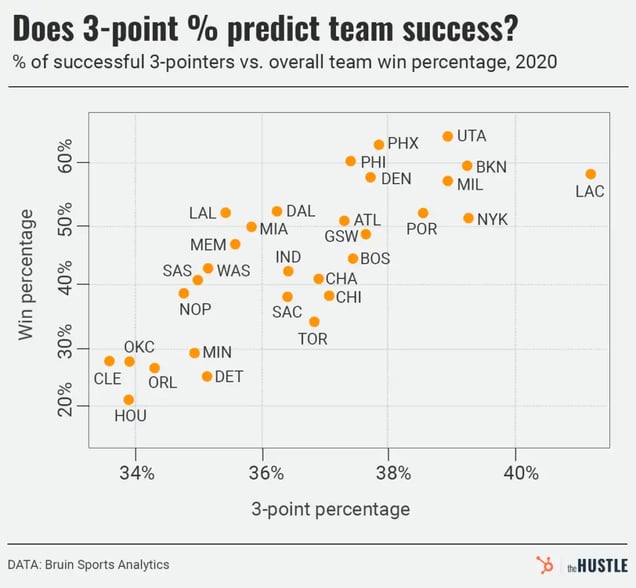
The Hustle
Social media has helped catalyze the growth of Matthews’s business. Several years ago, when Instagram was still mostly photos, Matthews started sharing videos of his shooting workouts. Some went viral, and his Insta handle, “Lethal Shooter,” grew to more than 2m followers, increasing his profile to people outside the professional basketball world.
After 21 Savage reached out, Matthews said, there “was no looking back. That’s when I started training so many celebrities.”
- Most of them have been basketball fans who just want to get better at their favorite sport, from Jamie Foxx to Marlon Wayans to Drake to Machine Gun Kelly. Bad Bunny asked Matthews to train his basketball team, which plays in the Baloncesto Superior Nacional Puerto Rican professional league.
- Morgan Cooper, creator of “Bel-Air,” used Matthews’s services to make the show’s basketball scenes look more realistic and enhance the skills of actor Jabari Banks.
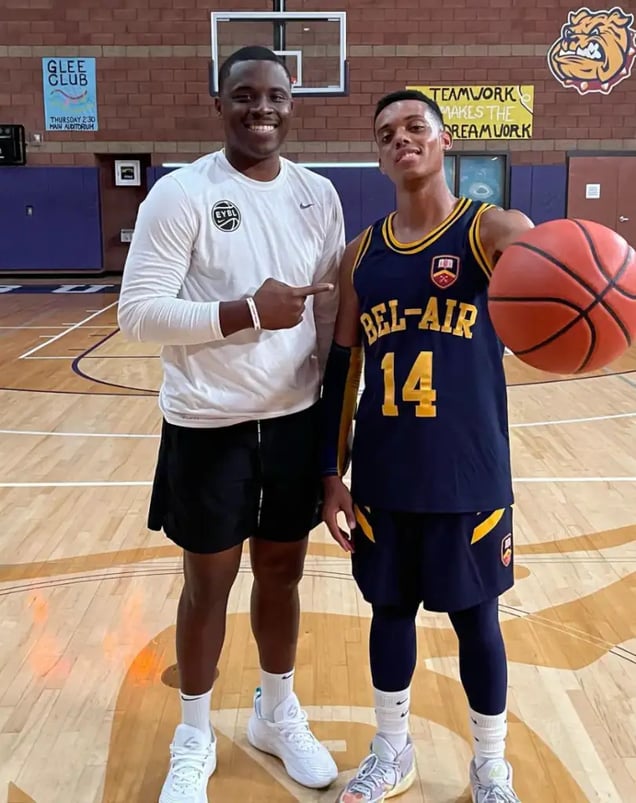
Matthews poses with Jabari Banks after a training session. (Courtesy of Matthews/LethalShooter Instagram)
Last year, Dallas Mavericks owner and serial entrepreneur Mark Cuban hired Matthews for a lesson. Cuban’s answer for why he sought help from Matthews was, basically, why not.
“The guy is a lights-out shooter,” Cuban told The Hustle over email. “I was there to learn anything I could.”
‘Go in the gym’
Matthews learned something from Cuban, too. Just as he has from training people like rapper Kevin Gates, Future, and others.
“They want to get stimulated outside of their normal life,” Matthews said.
“Mark Cuban, he has so much pressure to run a team, he wants to shoot. Kevin Gates, he’s in the studio all day. He wants to shoot sometimes. If Future is in the studio all the time, he wants to get up some shots.”
Across the country, people play golf, jog, and practice yoga to escape the stress and monotony of their lives. Matthews wants them to consider another type of release.
“Go in the gym, man,” he said. “Clear your mind and leave everything that’s bothering you out there.”
Sports And Esports


